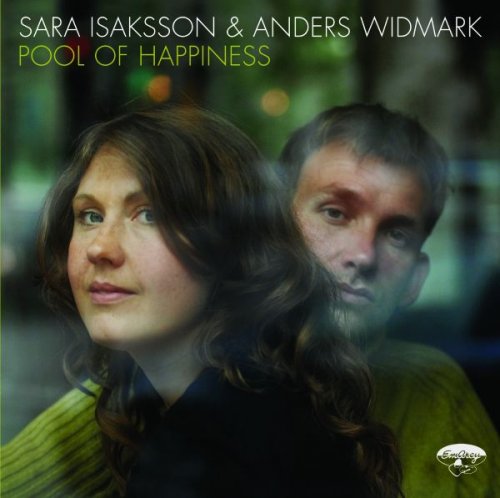Ensemble Constantinople - Memoria Sefardi: Musique d'Espagne juive et chretienne (2002)
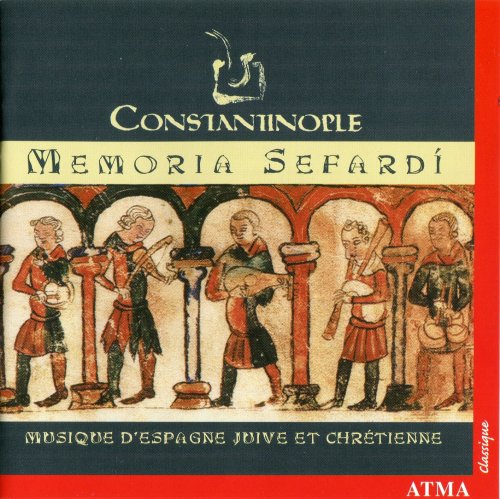
Artist: Ensemble Constantinople
Title: Memoria Sefardi: Musique d'Espagne juive et chretienne
Year Of Release: 2002
Label: Atma classique
Genre: 01:04:05
Quality: WavPack (image+.cue,log,scans)
Total Time: 01:04:05
Total Size: 378 Mb
WebSite: Album Preview
Tracklist: Title: Memoria Sefardi: Musique d'Espagne juive et chretienne
Year Of Release: 2002
Label: Atma classique
Genre: 01:04:05
Quality: WavPack (image+.cue,log,scans)
Total Time: 01:04:05
Total Size: 378 Mb
WebSite: Album Preview
01. Ya soi desposado / Oy comamos y bebamos - Cancionero Musical de Palacio (CMP) [6:24]
02. El rey que muncha madruga - Smyrne [3:25]
03. Abenamar - Maroc / La rosa enflorence - Espagne [7:28]
04. Hija mia mi querida - Rhodes [3:45]
05. La cantiga de la Ley - Rhodes [1:52]
06. Puncha puncha - Alexandrie / Istanbul [4:24]
07. Aman minoush - Istanbul [6:03]
08. El rey de francia - Smyrne [4:29]
09. Avrid migalanica - Cassaba [3:48]
10. El regateode las - Rhodes [4:04]
11. La vida es un passahe - Maroc [5:37]
12. Las compras del Rabiner - Maroc [1:54]
13. Si abra - (CMP) [4:23]
14. El cervel mi fa Nocte idie - (CMP) [3:09]
15. Jançu Janto - (CMP) [3:21]
Ensemble Constantinople:
Kiya Tabassian: sétar / setar
Guy Ross: vihuela, oud / 'ud, harpe médiévale / medieval harp
Isabelle Marchand: viole de gambe / viola da gamba, vièle / fiddle
Matthew Jennejohn: flûtes à bec / recorders, cornetto
Ziya Tabassian: tombak, dayereh, def
The music on this collection had its roots in the Jewish and Christian musical cultures of medieval Spain, but the album's subtitle, "Jewish and Christian Music of Spain," is slightly misleading. Since the expulsion of the Jews from Spain in 1492, their music remained alive primarily in the other regions around the Mediterranean in which they settled. Much of the music has been transmitted from generation to generation, and the Canadian early music ensemble Constantinople gathered it directly from those areas where the Spanish Jews settled -- Smyrna, Morocco, Rhodes, Cassaba, and Istanbul. Other selections are taken from a notated source, the Cancionero Musical de Palacio, a collection of over 350 songs assembled during the reign of Ferdinand and Isabella. Perhaps because its performance practice is so closely linked to living folk traditions rather than merely hypothetical reconstructions of sketchily notated music from more than half a millennium ago, Constantinople's performances of this repertoire are remarkably lively and nuanced. The ensemble plays like that of a group of folk musicians for whom this repertoire is second nature, giving the members the freedom to perform it with an unaffected naturalness and abandon. The rhythmic vitality and flexibility of their playing is especially engaging. Any listener who associates early music with dusty and pallid performances should sample Constantinople's refreshingly lively approach to this repertoire. Atma's sound is immaculate, clean, and natural.
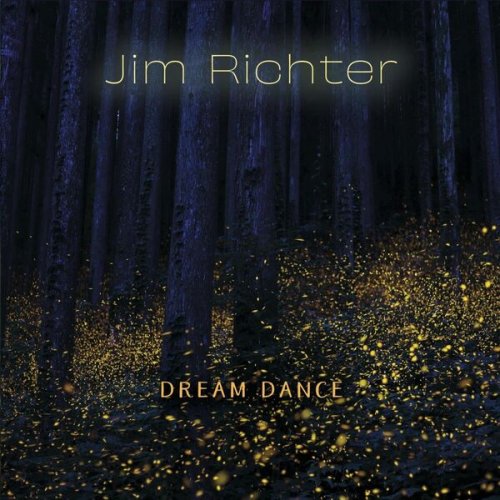
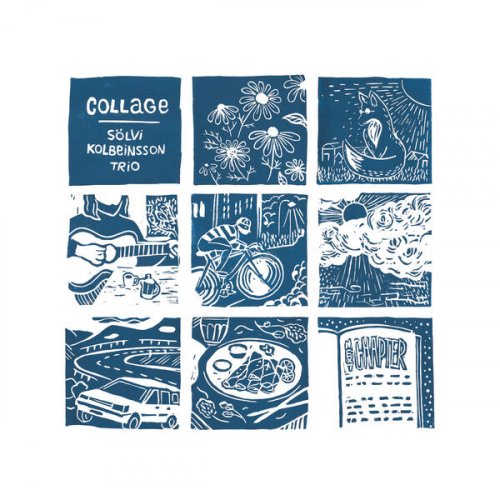
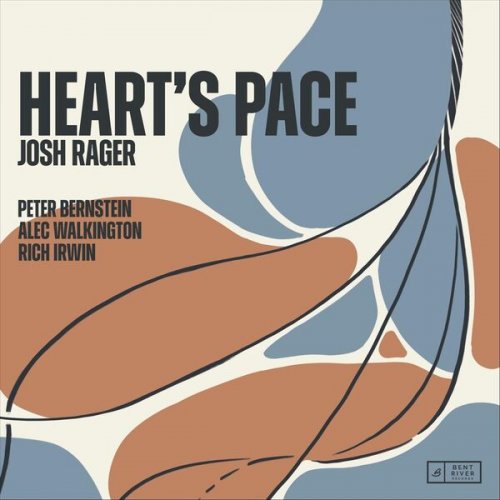
![Judith Goldbach Quartett - Akrobat (2025) [Hi-Res] Judith Goldbach Quartett - Akrobat (2025) [Hi-Res]](https://www.dibpic.com/uploads/posts/2025-12/1765455741_hg3dbj38fhbob_600.jpg)
![Juan Torres Fernández - Azul Cristalino (2025) [Hi-Res] Juan Torres Fernández - Azul Cristalino (2025) [Hi-Res]](https://www.dibpic.com/uploads/posts/2025-12/1765496468_y7dxox9hmk6hb_600.jpg)



